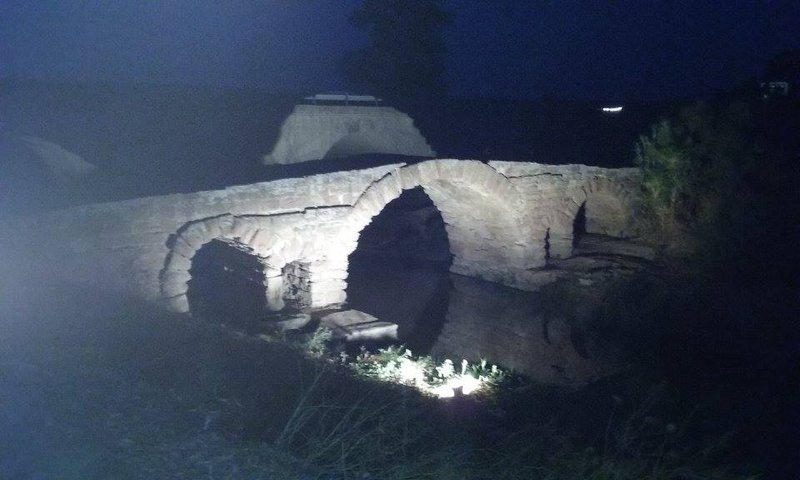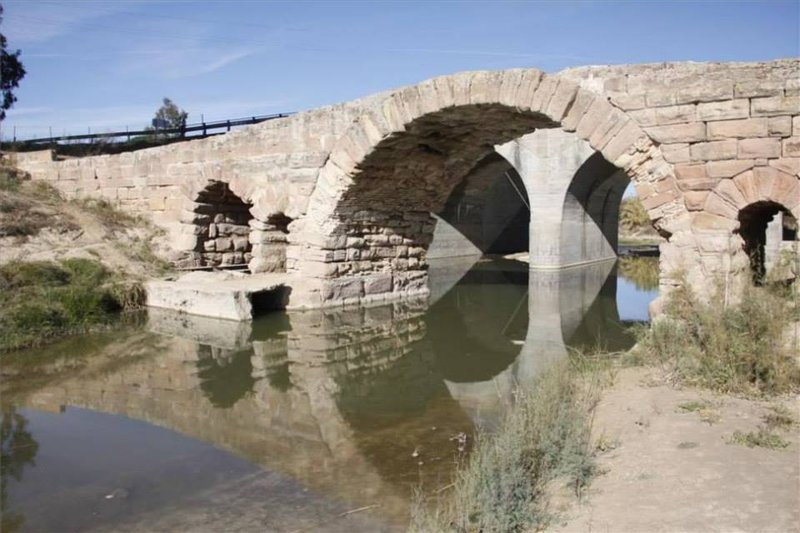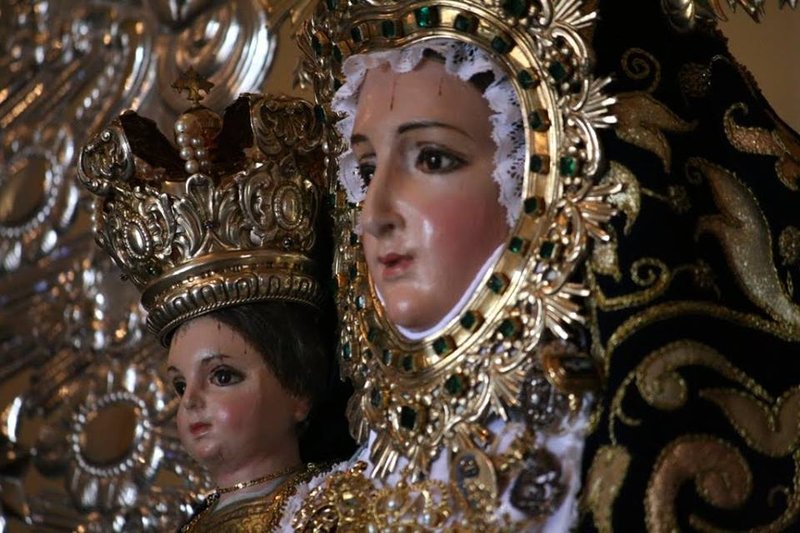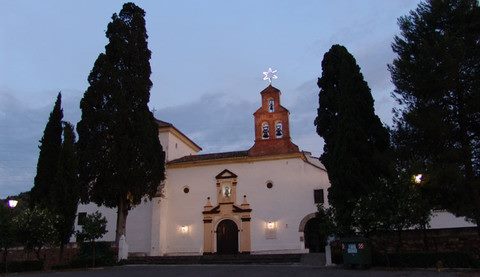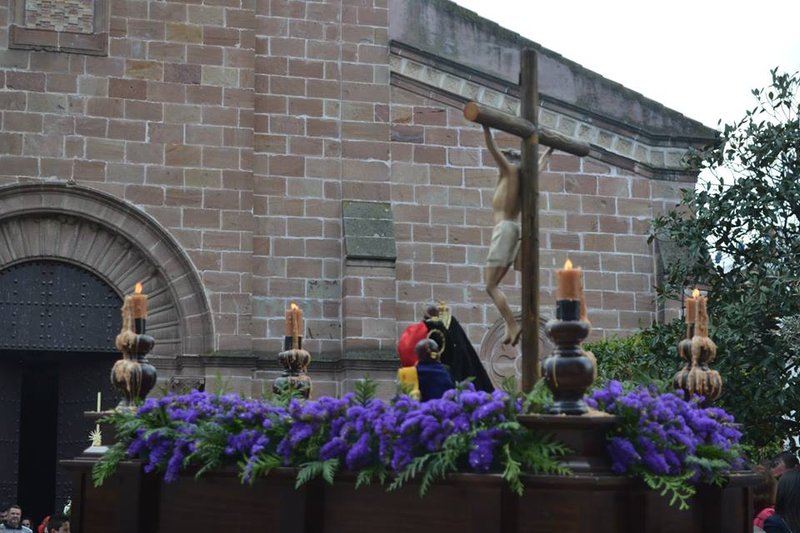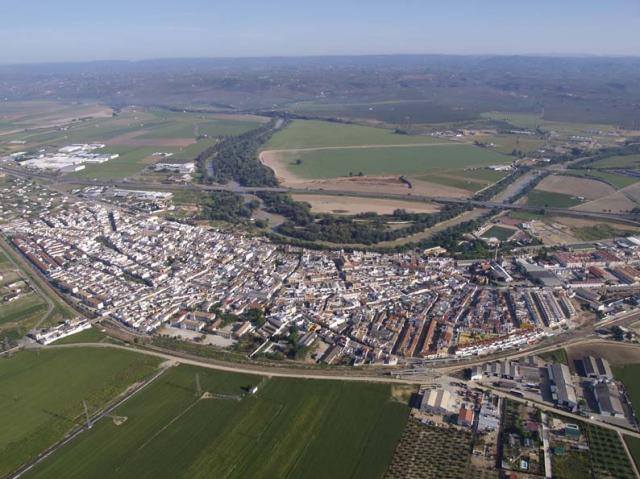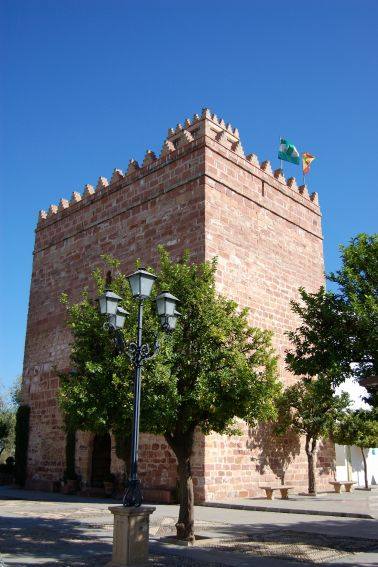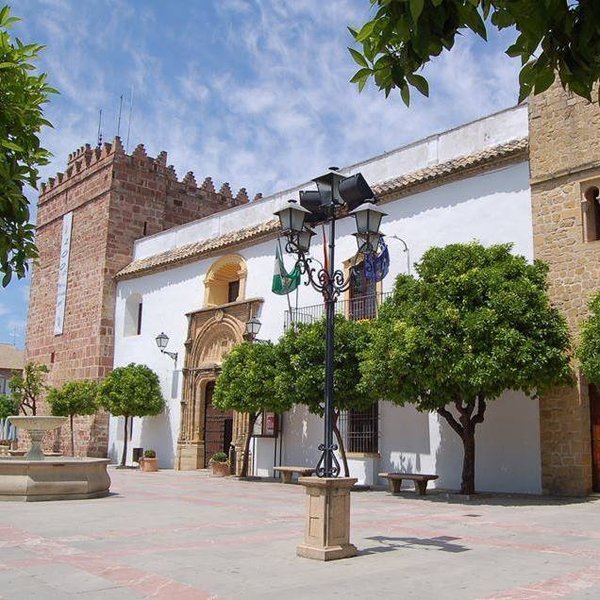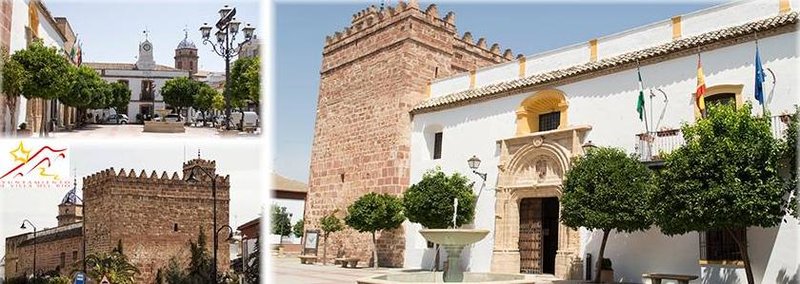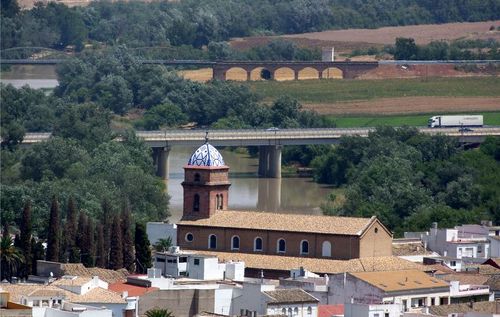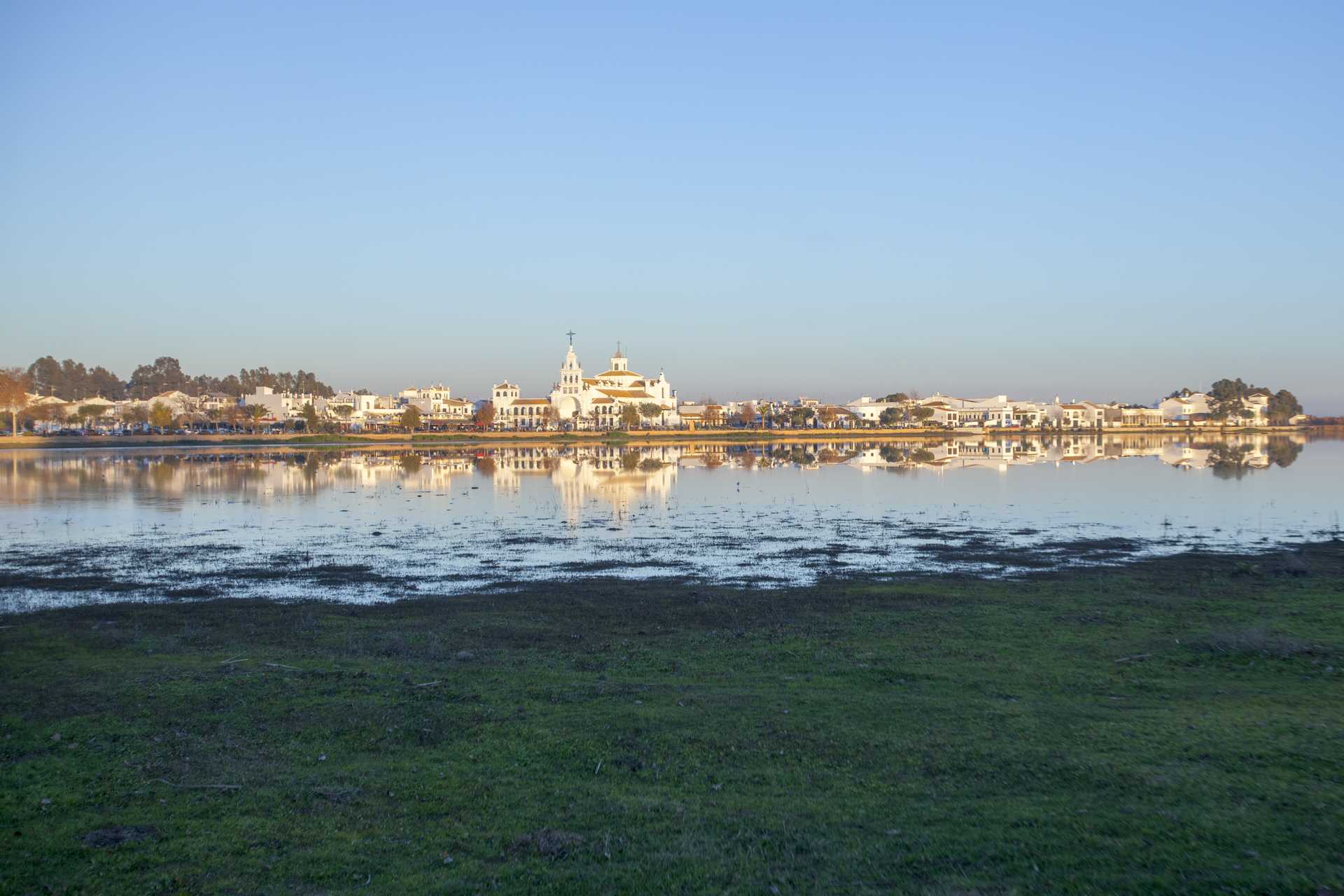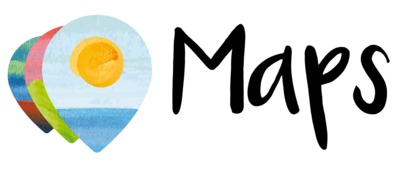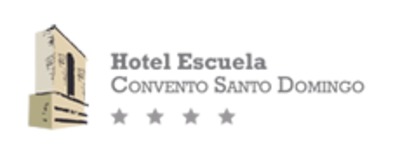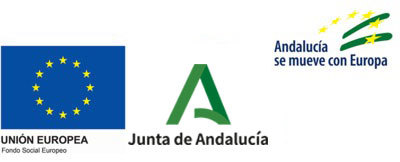Villa del Río
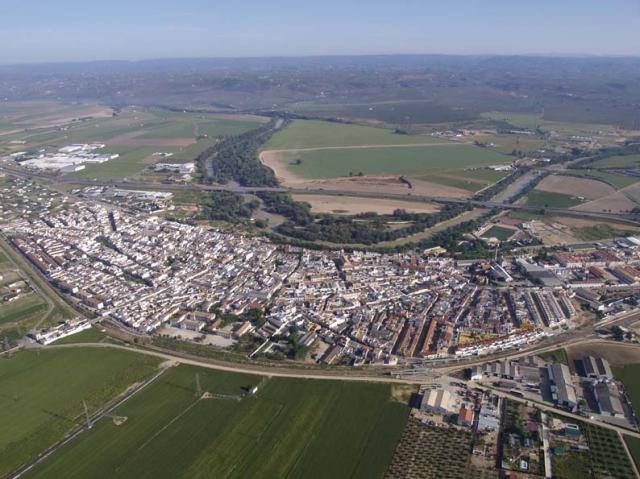
A village located in the east of the province, on the plains of the River Guadalquivir, and, therefore, on the traditional route from Córdoba to Madrid. Though not very extensive, its municipal area is characterised by its immense agricultural wealth, consisting of a combination of cereal fields and fertile plains.
Villa del Rio's privileged geographical position has been an important influence on the village's history, as shown by the Roman Bridge. Today, it is a clean, well looked-after village, built in a straight line along the river bank, and is teeming with examples of fine architecture, such as the tower of the old Castle, the remains of the water mills, Immaculate Conception Parish Church and the Town Hall.
History
This village has been known by several names. The present-day version was the brainchild of Philip IV.
Its territory was part of the cora (region) of Cordoba during Moslem occupation.
In the mid 15th century, the civil war between Henry IV and the Infante don Alfonso saw the village separate from the Council of Cordoba and fall under aristocratic control in the shape of Fernan Perez de Montemayor, brother of the Lord of Montemayor and Alcaudete (1469).
Eminent citizens
Antonio Alfonso de Sousa, First Lord of Aldea del Rio (17th century).
Eminent painters born in the village: Pedro Bueno Villarejo (1910-1993), Blas Moyano, Angel Cabrera, Miguel Cachinero and Juan de Dios Ramos.
Matías Prats Cañete, announcer and journalist (1913-2004).
Diego Molleja, journalist (1861-1934).


